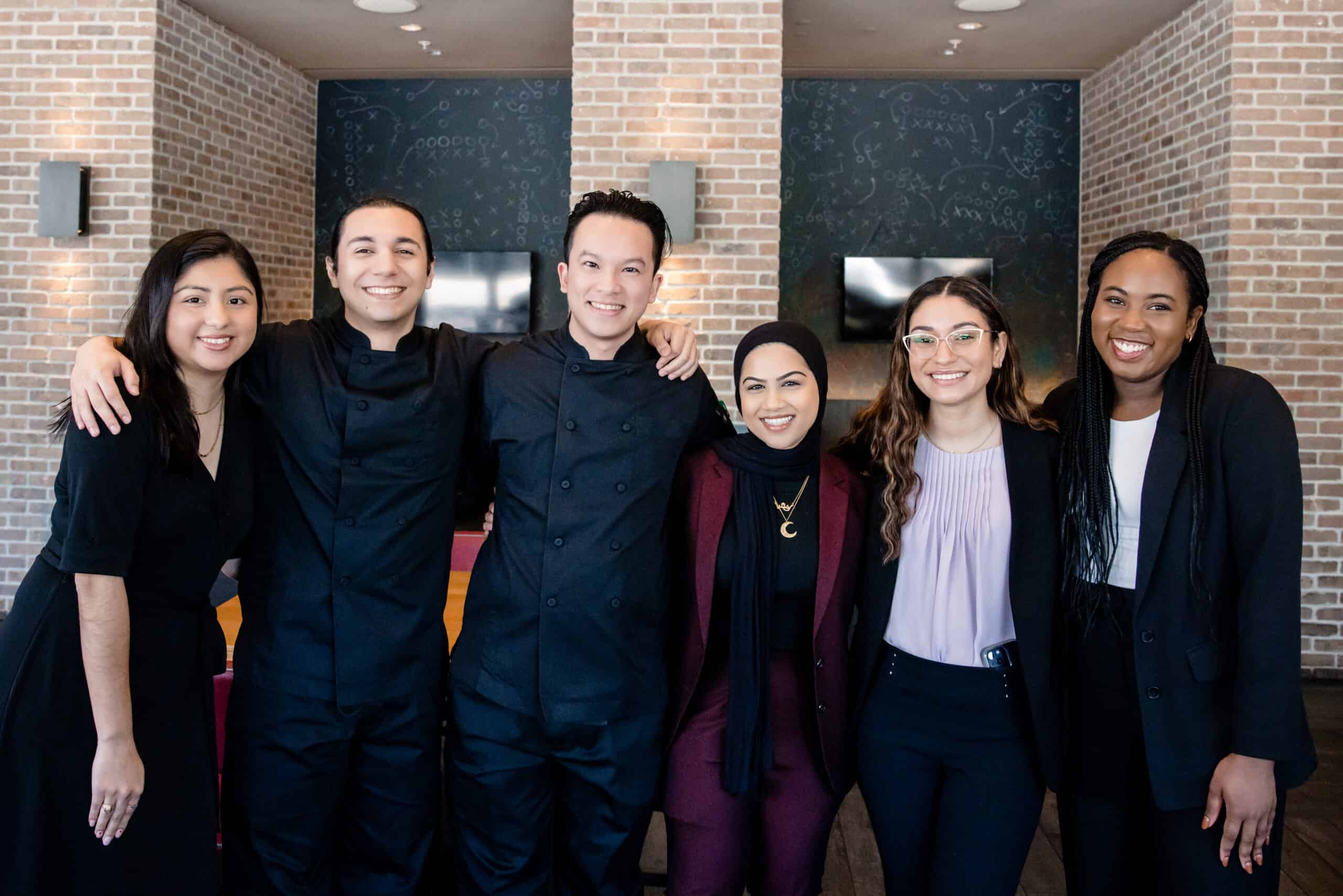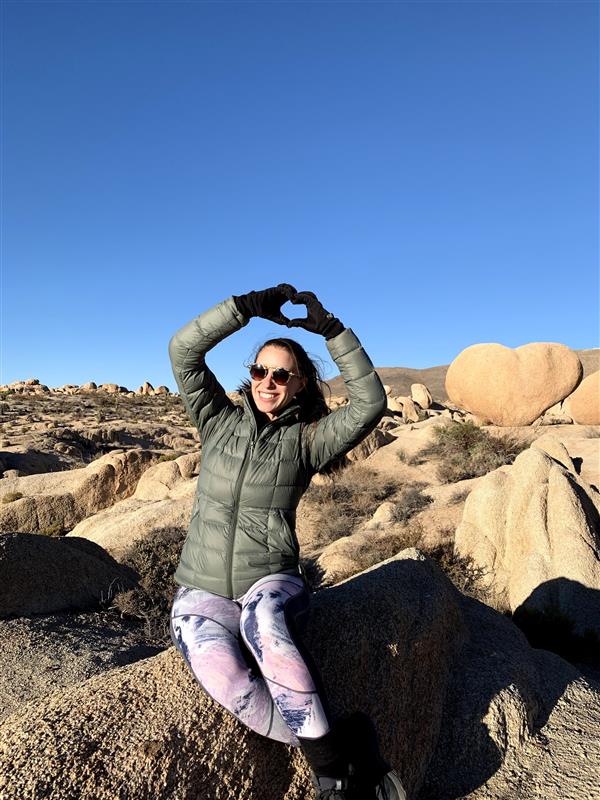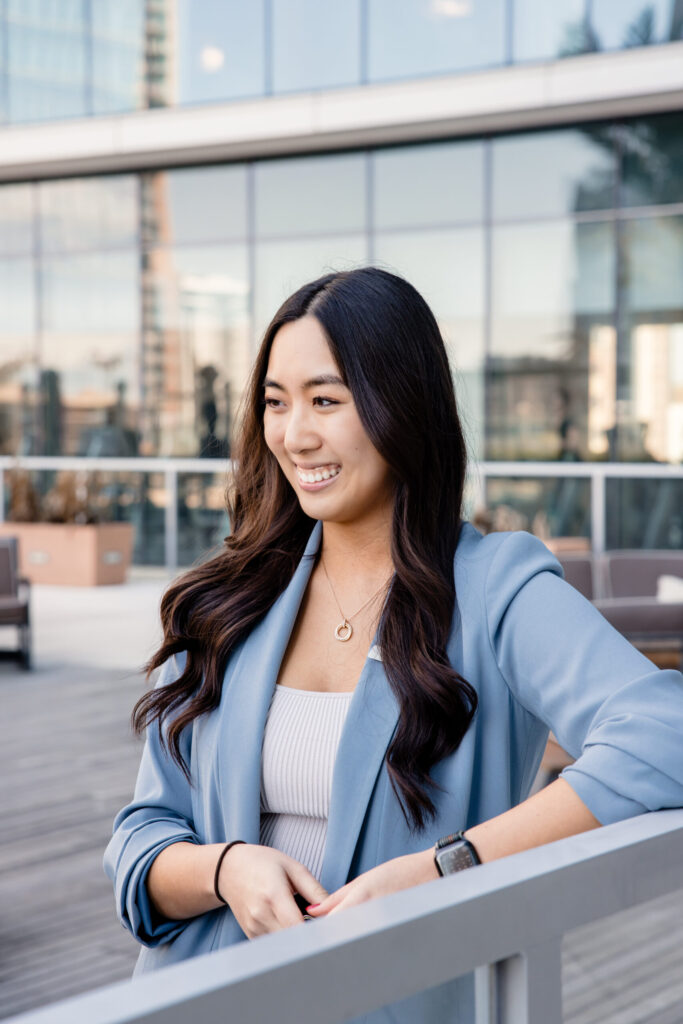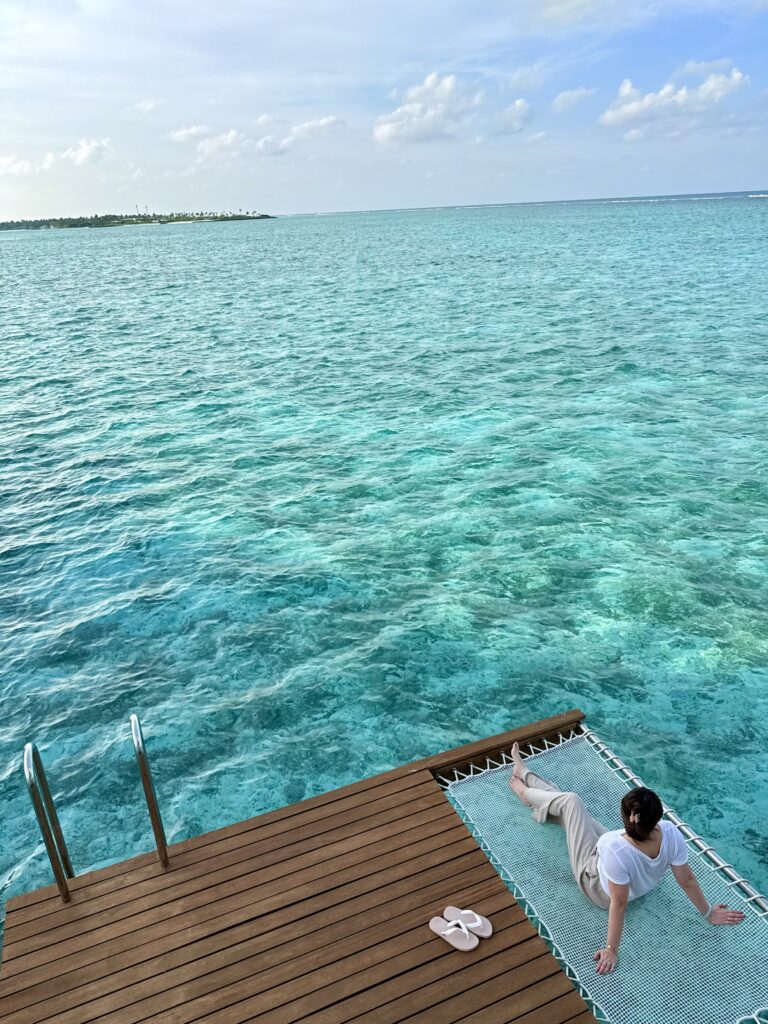At Marriott, putting people first is not just a company motto on our corporate website — it’s embedded in the very fabric of who we are. And “people” refers to, of course, people with all abilities. Don’t just take our word for it; year after year we’ve been consistently recognized by different organizations and institutions like Great Place to Work, who honored us with the Great Place To Work “For All” award in 2020, or the American Association of People With Disabilities who together with the organization Disability:IN included us on their “Best Places to Work for Disability Inclusion” Disability Equality Index in 2020, 2022, 2023 and more.
This year, Marriott introduced the People with Disabilities Associate Resource Group (ARG) led by an amazing team of associates who share a passion for celebrating people of all abilities at Marriott. Donna (Senior Director of CEC Portfolio Management and Operational Excellence and Co-Chair of the ARG), Emily (Senior Director, Enterprise Customer Listening and Co-Chair of the ARG), and Julie (Regional Vice President HR and Executive Sponsor of the ARG), share their invaluable insights, tips and strategies for achieving this goal.
From how to ask for accommodation to specific tips to cultivate a culture of understanding, these leaders’ recommendations show how small changes can lead to a more welcoming and supportive workplace for everyone.
What are some things Marriott associates can do to help create a more welcoming environment at work?
Emily: Embrace the opportunity to work with someone who thinks or behaves differently than you do. This is how we grow professionally and as human beings. Identify people’s strengths and unique abilities and learn from their differences to open your mind to other approaches. Be flexible and explore ways to implement Universal Design principles to ensure that jobs, activities, spaces, etc. are accessible to everyone.
Donna: I love that our ARG is titled People with Disabilities, because it literally has ‘People’ first! I believe words matter a lot and I think we can foster a more welcoming environment by starting there. Let’s not forget to celebrate everyone’s unique strengths and abilities!
Julie: Join our ARG! Talk openly about Marriott’s culture of welcoming all. Learn all you can about working with people with disabilities. Have conversations with associates who have disclosed that they have a disability to broaden our perspective and ensure they are in a position to thrive. Ask purposeful questions and listen closely.
What are some things people with disabilities can do as well to thrive at work?
Julie: When you are ready, share your disability with coworkers and managers that you work with if they don’t already know. I have found my disclosure to be very freeing, allowing me to speak frankly about a quick change that would make something easier for me. Don’t be afraid to discuss accommodations if you believe they could help you achieve your goals. Accommodations can be simple and easy and are as individual as you are! No one knows what you need to meet your fullest potential better than you and we are listening.
Donna: I do not have a disability myself. From my background as an HR Professional and just someone who tries to be a good human, I hope I see people’s abilities when we are talking about career goals. As it relates to disabilities, my frame of reference is as a Special Education Parent because two of my children needed extensive accommodations. I was a fierce advocate for my kids’ needs and the needs of the other children with disabilities in our community.
I would frame the conversation around each child as an individual with strengths and interests and achievements to celebrate! Then we would get into needs and accommodations. My daughter would insist that her brother had ‘special abilities’ and people who didn’t take the time to get to know him were the ones missing out. I can only imagine that must be what it’s like for a person with a disability.
Emily: It is important to advocate for yourself because people don’t know what they don’t know. If you share your perspective, then it allows other people to understand and empathize, so you can solve problems collaboratively. There are almost always options or alternative approaches, and we can find them if we understand the needs we are trying to address. Don’t be afraid to ask for accommodations or modifications because everyone deserves to learn and work in a supportive environment.
What are some common misconceptions about disabilities that you’d like to address or dispel?
Julie: People with Disabilities represents a group that is incredibly diverse. Even individuals who have a similar disability may experience life and career in very different ways. We should engage with each associate on an individual level to be sure we know all that they have to offer. The other thing to remember is that accommodation can be very simple, or at no cost or at no challenge to the business. But we must have unique and personal conversations to understand how everyone can succeed.
Donna: My loved ones live with invisible disabilities including Schizophrenia, Bipolar Disorder, Debilitating Anxiety, Depression, Autism, ADD, ADHD, Keratoconus, Severe Allergies, Eosinophilic Esophagitis, and related diagnoses. I’d like to dispel a couple misconceptions:
1. Movies portray people with Schizophrenia as being violent. Not true: my father is so gentle!
2. Movies portray people with a neurodiversity as being dumb. Not true: my son is incredibly intelligent!
Emily: I think the key is to not make any assumptions. Allow people to tell you what they need to be successful and show you what they are capable of doing.
→ Marriott Is Hiring! Find What You’re Looking For in a Career





